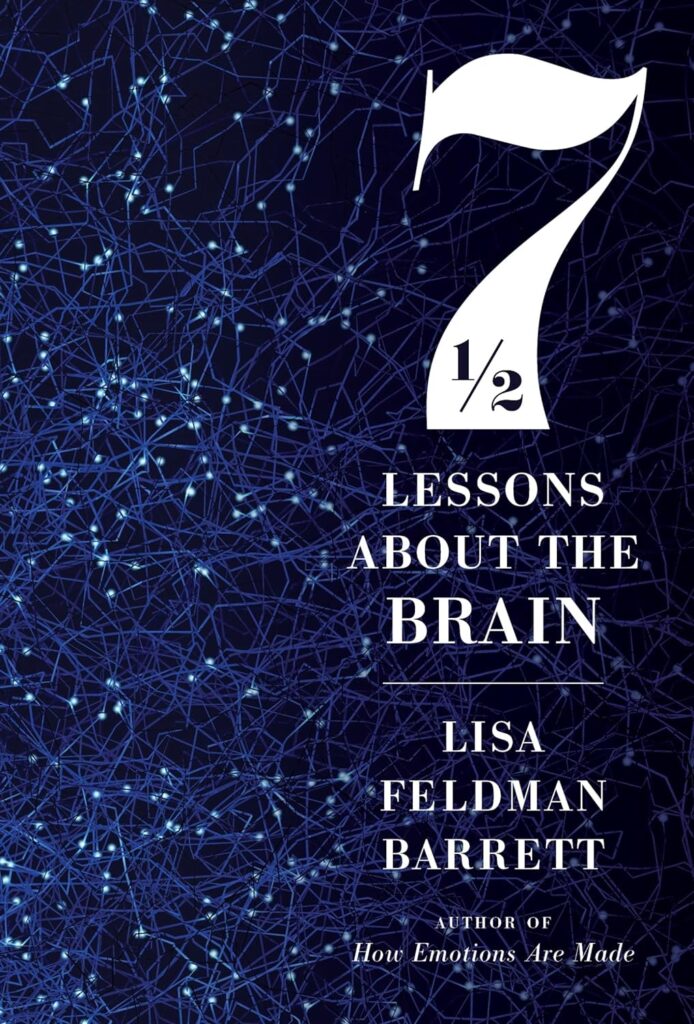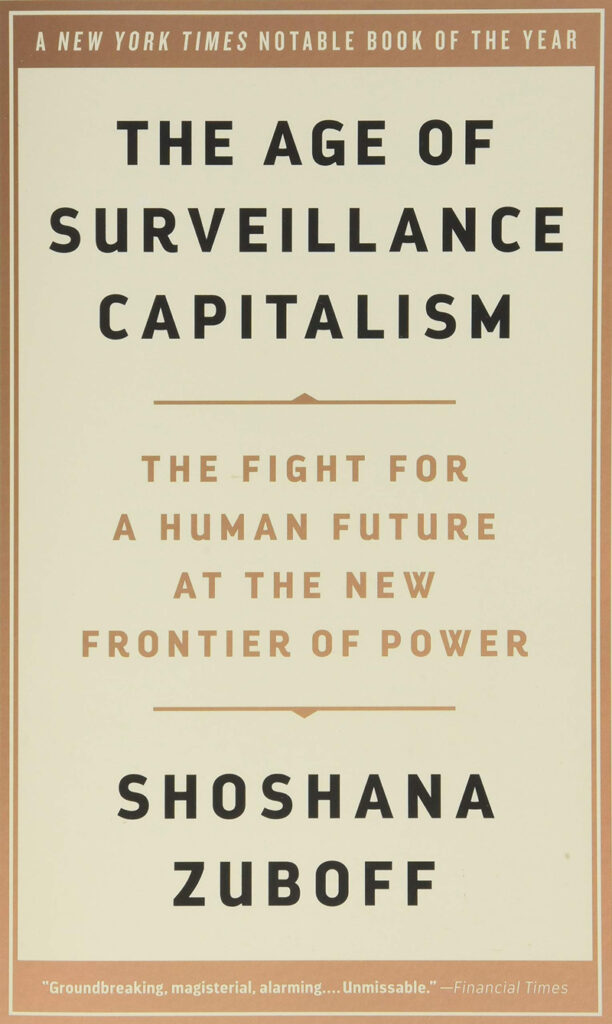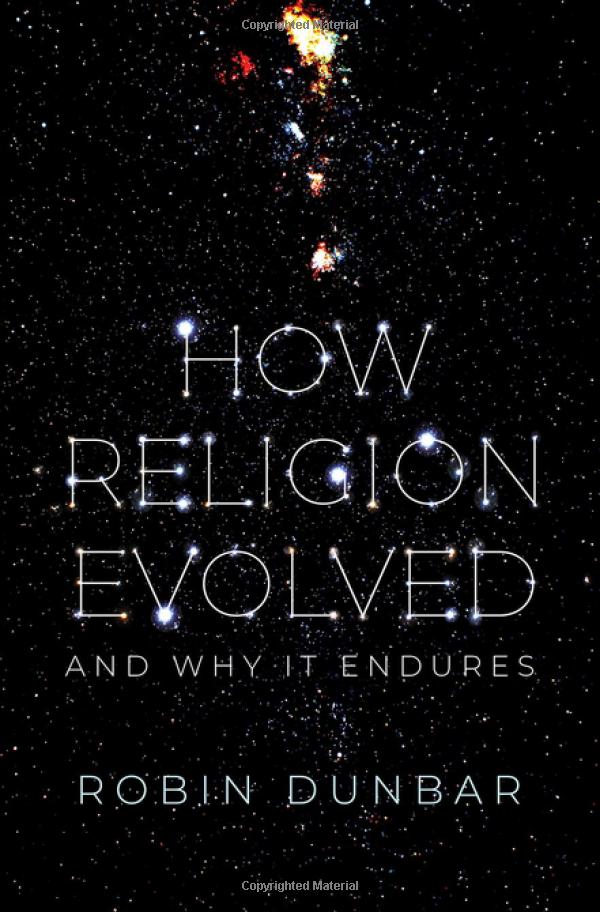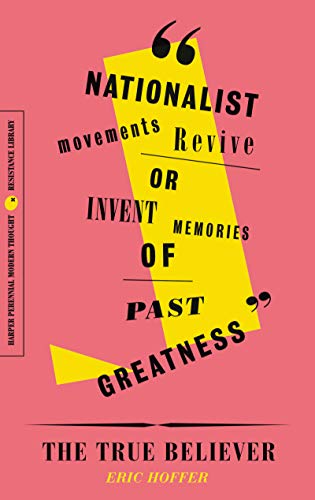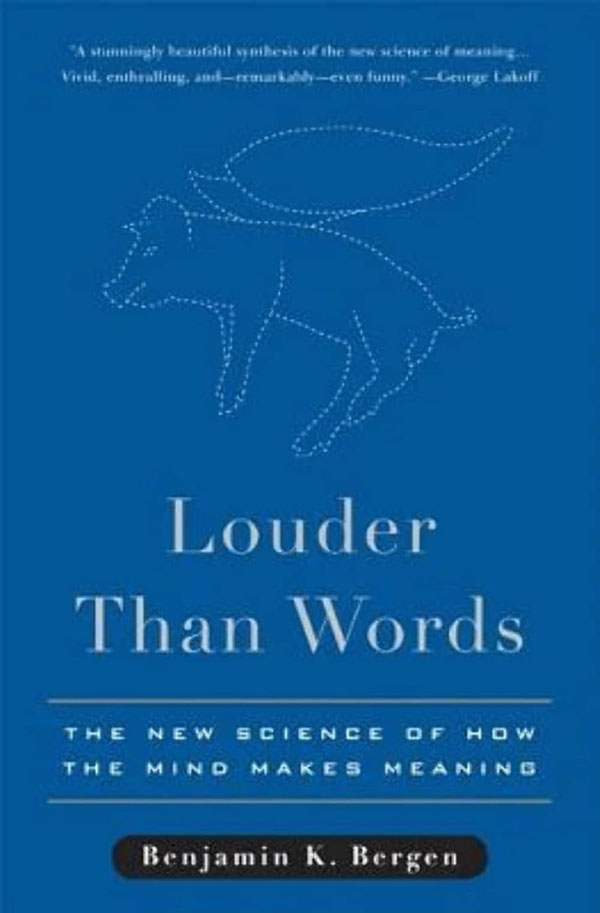
Whether it’s brusque, convincing, fraught with emotion, or dripping with innuendo, language is fundamentally a tool for conveying meaning — a uniquely human magic trick in which you vibrate your vocal cords to make your innermost thoughts pop up in someone else’s mind. You can use it to talk about all sorts of things — from your new labradoodle puppy to the expansive gardens at Versailles, from Roger Federer’s backhand to things that don’t exist at all, like flying pigs. And when you talk, your listener fills in lots of details you didn’t mention — the curliness of the dog’s fur or the vast statuary on the grounds of the French palace. What’s the trick behind this magic? How does meaning work?In Louder than Words, cognitive scientist Benjamin Bergen draws together a decade’s worth of research in psychology, linguistics, and neuroscience to offer a new theory of how our minds make meaning. When we hear words and sentences, Bergen contends, we engage the parts of our brain that we use for perception and action, repurposing these evolutionarily older networks to create simulations in our minds.
- All Books by Section
- Our Contributors' Featured Books (42)
- Books Referenced in Human Journey Sections:
- Journey of the Human Mind (7)
- Discovering Our Distant Ancestors (34)»
- The Evolution of Language (19)
- Ideas that Shaped Our Modern World (122)»
- Paleolithic Beginnings (29)
- Connecting with the Gods (5)
- Axial Age Thought (15)
- Origins of Christianity (35)
- Origins of Islam (19)
- The Journey of Classical Greek Knowledge to the Western World (12)
- Stories and Storytelling (12)
- Tools and the Development of Contemporary Society (33)»
- A Sustainable Planet (25)
- The Changing World Economy (34)»
- Health and Education in the Modern World (34)»
- Our Mind in the Modern World (24)

